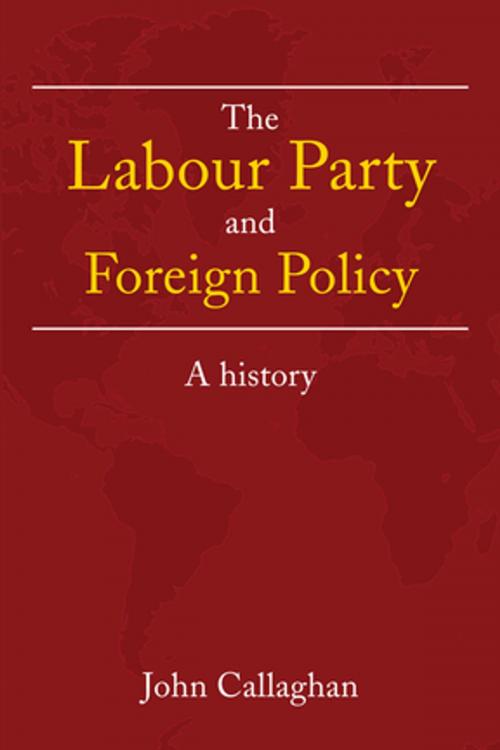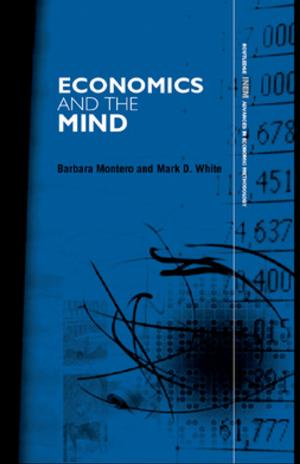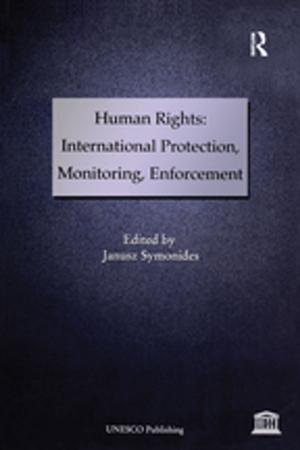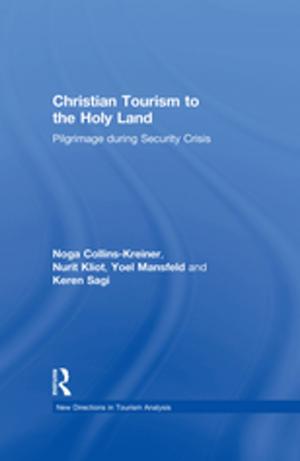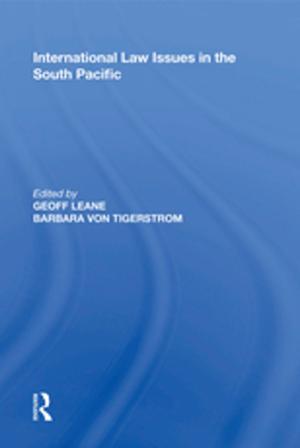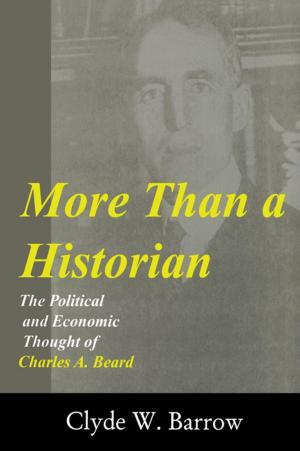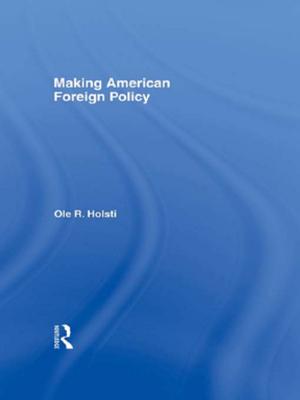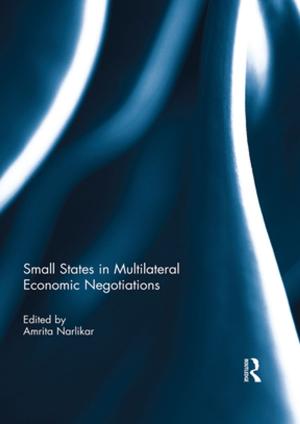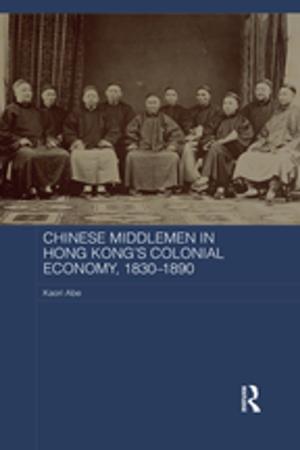The Labour Party and Foreign Policy
A History
Nonfiction, Social & Cultural Studies, Political Science, Politics, Labour & Industrial Relations, International, International Relations| Author: | John Callaghan | ISBN: | 9781134540150 |
| Publisher: | Taylor and Francis | Publication: | April 12, 2007 |
| Imprint: | Routledge | Language: | English |
| Author: | John Callaghan |
| ISBN: | 9781134540150 |
| Publisher: | Taylor and Francis |
| Publication: | April 12, 2007 |
| Imprint: | Routledge |
| Language: | English |
This book provides a penetrating new study of the Labour Party’s thinking on international relations, which probes the past, present and future of the party’s approach to the international stage.
The foreign policy of the Labour Party is not only neglected in most histories of the party, it is also often considered in isolation from the party’s origins, evolution and major domestic preoccupations. Yet nothing has been more divisive and more controversial in Labour’s history than the party’s foreign and defence policies and their relationship to its domestic programme.
Much more has turned on this than the generation of tempestuous conference debates. Labour’s credentials as a credible prospect for Governmental office were thought to depend on a responsible approach to foreign and defence policy. Its exclusion from office was often said to stem from a failure to meet this test, as in the 1950s. The composition of Labour Cabinets was powerfully influenced by foreign and defence considerations, as was the centralization of power and decision-making within Labour Governments. The domestic achievements and failures of these periods in office were inextricably connected to international questions.
The Labour Party and Foreign Policy is recommended for undergraduate and postgraduate courses in British politics and European history.
This book provides a penetrating new study of the Labour Party’s thinking on international relations, which probes the past, present and future of the party’s approach to the international stage.
The foreign policy of the Labour Party is not only neglected in most histories of the party, it is also often considered in isolation from the party’s origins, evolution and major domestic preoccupations. Yet nothing has been more divisive and more controversial in Labour’s history than the party’s foreign and defence policies and their relationship to its domestic programme.
Much more has turned on this than the generation of tempestuous conference debates. Labour’s credentials as a credible prospect for Governmental office were thought to depend on a responsible approach to foreign and defence policy. Its exclusion from office was often said to stem from a failure to meet this test, as in the 1950s. The composition of Labour Cabinets was powerfully influenced by foreign and defence considerations, as was the centralization of power and decision-making within Labour Governments. The domestic achievements and failures of these periods in office were inextricably connected to international questions.
The Labour Party and Foreign Policy is recommended for undergraduate and postgraduate courses in British politics and European history.
